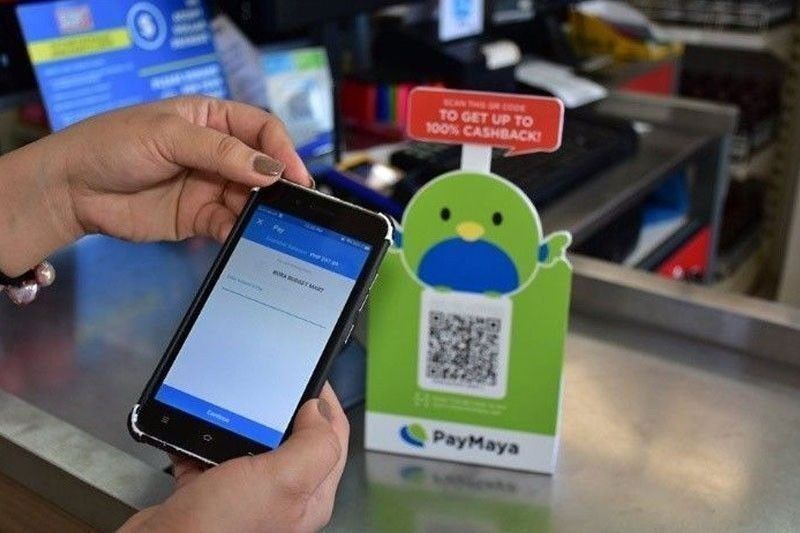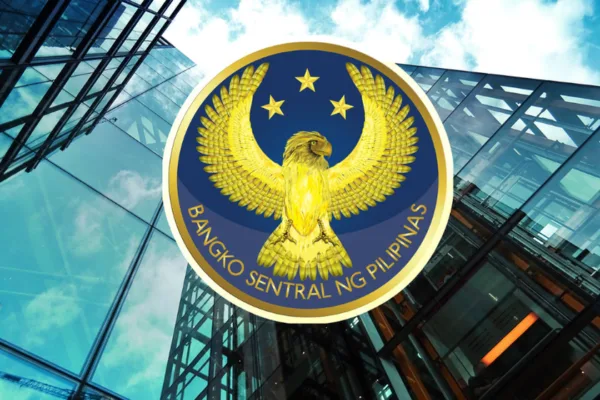Here’s great news to greet electronic wallet (e-wallet) users in the New Year!
A new bill has just been filed by Cagayan de Oro 1st District Rep. Lordan Suan that seeks to waive fees for small transactions made through digital wallets in the Philippines. The bill’s author stated that eliminating fees for small transactions will not only make digital transactions more accessible but will also contribute to economic growth since it encourages wider adoption of e-payments in the Philippines.
House Bill No. 9749 or the “Electronic Wallet and Electronic Fund Transfer Small Value Transaction Fee Waiver Act” is purportedly meant to drive digital inclusion by encouraging Filipinos to embrace e-wallets for everyday banking needs. It also aims to promote financial inclusion by making digital transactions more accessible to low-income individuals and Micro, Small, and Medium-scale Enterprises (MSMEs) in the Philippines.

IMAGE CREDIT: https://www.maya.ph
The bill also emphasizes transparency in fee disclosure and fosters healthy competition among e-wallet providers. This, Suan argues, will ultimately benefit consumers, ensuring they get the best service at the lowest cost.
“E-wallets offer a convenient and affordable alternative to traditional banking. Waiving fees for small transactions will encourage wider adoption among low-income individuals, thus increasing financial inclusion and economic growth,” Cong. Suan said in his explanatory note.
Once passed, the bill would exempt e-wallet transactions of up to PhP 2,000 (approximately US$40) from fees — no more transaction fees to be charged for this amount — thus benefiting a wide range of users across the country.
E-wallet providers in the Philippines such as GCash, Maya, GrabPay, Dragonpay, Coins.ph, BanKo, Alipay, PayPal, and ShopeePay currently charge fees for various transactions, starting from as low as PhP 5.00.
Aside from providing a waiver on fees for transactions like sending money between e-wallets, depositing and withdrawing from e-wallets, and transferring funds from an e-wallet to a bank account, the bill also empowers the Bangko Sentral ng Pilipinas (BSP) to adjust the amount set for small-value transactions and the daily cumulative limit depending on the cost of living, current exchange rate, and inflation rate.
The bill also mandates transparency and disclosure of all fees and charges.
In response to calls from the BSP to do so for the sake of financial inclusion in a country where millions remain unbanked, some banks have also since waived fees for transfers to e-wallets for a limited time.
Digital transactions in retail to reach 50% by end of 2023
In a related development, the BSP also expressed confidence that it will reach its 50 per cent digitalization target for retail payments by the end of 2023.
The Philippine central bank stated in a recent media advisory that in 2022, at least 42.1 per cent of all retail payments in the country have since been converted into digital form.
BSP Deputy Governor Mamerto Tangonan said that the number of e-money users has been steadily rising as four out of 10 Filipinos now have e-money accounts.
To keep the upward trajectory, the central bank is currently in talks with banks and digital transaction platforms to lower or waive transaction fees for small transactions under P1,000.
“These fees present a barrier and there is a reluctance to pay. Since we’re encouraging digital payments, let’s offer them micropayments so they will get to use more,” Tangonan said.
He added that the BSP is giving time for e-money platforms to study the impact of waiving transaction fees in their balance sheets.







